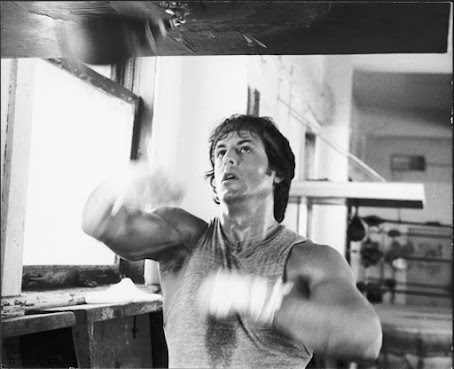Catching up Part 1. Urbanural
Urbanural: the urban areas of the rural (Totally just made up that word)
“Rural America is a colony, and its economy is a colonial economy.
The business of America has been largely and without apology the plundering of rural America, from which everything of value—minerals, timber, farm animals, farm crops, and “labor”—has been taken at the lowest possible price. As apparently none of the enlightened ones has seen in flying over or bypassing on the interstate highways, its too-large fields are toxic and eroding, its streams and rivers poisoned, its forests mangled, its towns dying or dead along with their locally owned small businesses, its children leaving after high school and not coming back. Too many of the children are not working at anything, too many are transfixed by the various screens, too many are on drugs, too many are dying.”
Southern Despair | Wendell Berry | The New York Review of Books (nybooks.com)
Perhaps, I’ve been reading too much of a writer, Wendell Berry, but to me he represents a lost voice in the American dialogue. Someone who represents conservatism and traditional values, but more importantly shows an alternative to the high consumption, highly frenetic madness of modern life. In this nostalgia that I find in him, he writes about the need to protect rural communities after they’ve been consistently gutted by politicking and exploitation from urban environments for the past 100 years. He aptly describes it as a colonial relationship between the urban and rural.
David Harvey in The Right to the City, would agree with this and talks about the essential capitalist function of cities. As he writes, cities are always the product of surpluses of a product controlled by a class/ group of people. In this connection between capitalism and urbanism, there is an ever expanding, ever hungry urbanism crawling upon the world - increasingly dominating all aspects of life, including the rural. You might call this sprawl, but I think more importantly it is an urban mentality that has spread into rural areas. One where rural areas can become food deserts (Dollar General Effect), small farms close under the weight of global competition, and speculative land development is widely accepted.
“Urban dwellers carry the urban with them, even if they do not bring planning with them! Colonized by them, the countryside has lost the qualities, features and charms of peasant life. The urban ravages the countryside: this urbanized countryside opposes itself to a dispossessed rurality…”(Lefebvre 158)
Lefebvre in The Right to the City would confirm this and talks about this divide between nature and the urban. His conclusion is that the urban needs to be separate from nature. He suggests the need to return the urban to revitalized city centers and work to contain it there. You might summarize this belief as, “If you love nature, then don’t live in it.”
But I think we come full circle here, and identify that we have a problematic dichotomy. By treating urban and rural as separate conventions, nothing is actually solved. In the age of the anthropocene, ecologies cannot survive without human intervention. More so rural areas are the production zones and lifeblood of our economy. Separating the two disillusions us to the truth: rural areas aren’t sacrificial zones, but a place of fostering life for all of society. We can and must live in these areas, however without a colonized mindset. Urban and rural will always exist, but our work is to make that a symbiotic relationship.



Comments
Post a Comment